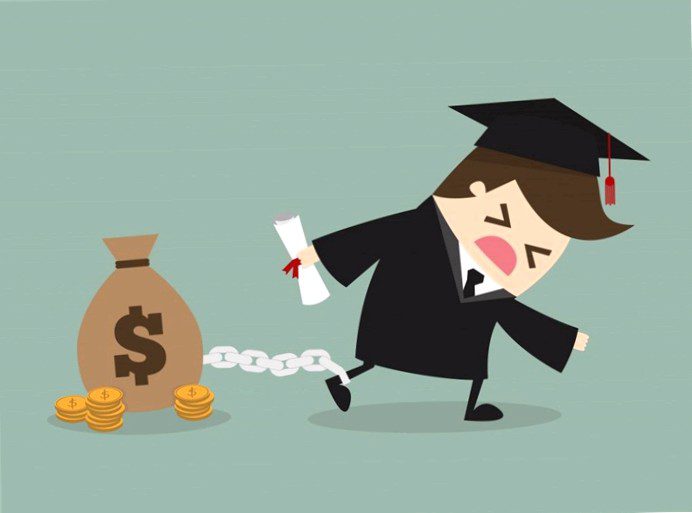
As of 2015, 68% of students who graduated from a four-year institution had some form of student loan debt according to a recent report from the Institute for College Access and Success. Additionally, Student Loan Hero reported more than 44 million Americans collectively owe more than $1.3 trillion in student loans, which average between 3.000 and 53.000 US dollars per person. This means that the national average debt per person has continued to rise year over year and is now at an average tab of 30, according to the Institute's data.100 USD lies.
And while the recession has led lenders to tighten their restrictions on applying for certain loans (d. H. mortgages), they continue to take advantage of young, inexperienced Americans, many of whom have little to no credit to speak of.
'Student loans are the only credit instrument where a lender makes loans year after year without knowing the person's ability or willingness to pay,' said Michele Raneri, vice president of analytics and business development at Experian. Bankrate said .
Lenders know that student loans are different from other types of debt in many ways, but that doesn't stop them from achieving their goal. Senator Elizabeth Warren, a Harvard law professor specializing in bankruptcy, has even stated that 'student loan debtors have power that would make a gangster envious'.' Suze Orman, a personal finance expert who spoke at an event hosted by Politico with Warren he went a step further, saying that financial institutions are effectively "financially raping our children".
With that in mind, we give you five of the top reasons why you should think carefully before stacking up student loans.
1. They do not go away

Brach Student | iStock.com
Unlike other types of debt, your student loans don't disappear (in most cases) when you file for bankruptcy because you can't afford to pay them back. And while it's not true that your student loans can never be discharged in bankruptcy, it's very, very hard to reduce or eliminate them.
One reason it's so difficult is that the law is vague. You see, currently, student loans can only be discharged if the person filing can prove that doing so would result in "undue hardship". Except 'undue hardship' is not defined in bankruptcy law. That is, whether you manage to pay off your loans is subjective. it's up to the courts.
If you can't pay your loans but don't want to file for bankruptcy, borrowers sometimes negotiate temporarily reduced payments or deferments. However, this may not be the best call. Why? Because your loan usually gets bigger as you defer payments or pay smaller amounts. And after you recover from the economic hardship, your loan is even more unmanageable than before.
Private loans can be particularly nasty. While federal student loans often come with borrower protections such as deferment, forbearance, grace period, and income-based repayment options, private loans are not required to offer you any of these luxuries. They may ask you for a certain amount of money each month, and generally there is not much flexibility.
2. Interest rates can be ridiculously high
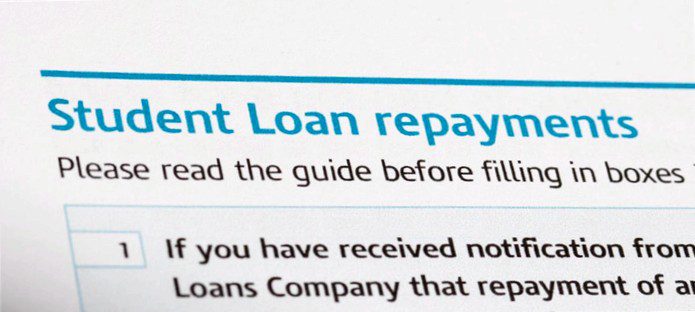
Student Loan Repayments | iStock.com
Interest rates on student loans are much higher than for most other types. Federal loans are often between 5% and 6%, with some graduate loans being close to 9%. Private loans can vary between 2.5% and 12% – three times the rate of most mortgages and close to the rate of an average credit card . In addition, many interest rates on private loans are variable, making repayment even more uncertain. While the current climate means variable interest rates are competitive, that could easily change if they start to rise.
Federal student loans are now capped with fixed rates, taking some of the guesswork out of how much you'll actually pay. However, the annual percentage may change from year to year. This means that the loans you take out during your senior year may still have a higher interest rate than the money you borrowed during your freshman year of college. As Credible points out A 2% difference can mean thousands of dollars more over the life of the loan.
While federal student loans certainly look pretty good compared to most private loans, it's important to understand that the federal government isn't doing you any special favors here. Rather, the government expects to make a lot of money on your debt. In a 2015 letter to the former Secretary of Education Six different senators wrote According to President Obama's budget this year, 'the federal government is expected to make $110 billion in profits on its student loans over the next decade' – a figure the senators believe is unfair. 'Student debt threatens to burden both our families and our economy itself,' the letter continues, arguing that the Department of Education should stop implementing policies 'designed to maximize federal profits on the backs of our children'.
3. They will hold you back
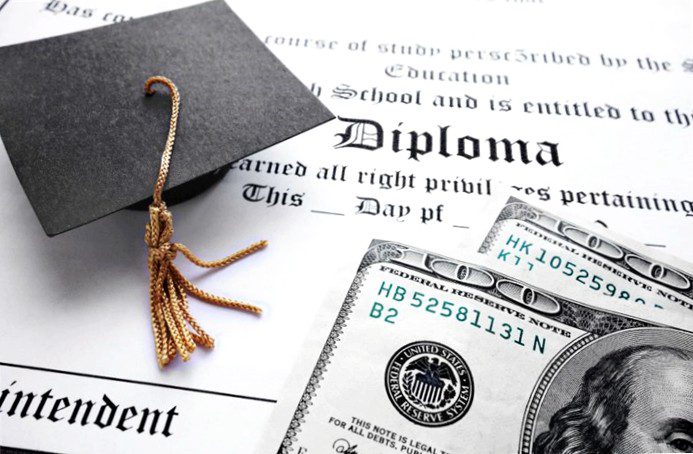
According to a 2016 report 42% of college graduates have delayed moving out of a family member's home due to existing student debt. A full 24% of graduates have delayed this move for two or more years. Of the non-homeowners surveyed by the organization, 71% said student debt was the reason they couldn't save for a down payment to buy a home.
Previous surveys by the organization show homeownership isn't the only financial milestone delayed. Because of the burden of student loans, early steps toward retirement, marriage or even children are at stake. However, the consequences of delaying adulthood don't just mean a slower start for Millennials. 'This downward spiral has cascading effects on the nation's economy as the generation charged with investing in the nation's future delays their lives due to student debt,' the organization notes.
According to the 2015 survey, 73% of recent college graduates have delayed saving for retirement or other investments because of their student loans. One-third said they have postponed marriage because of their debt, and 43% said student loan debt has delayed their decision to start a family.
And while some of these statistics may seem surprising at first glance, they are much easier to fathom when you consider that for many young people, the student loan burden manifests itself in the form of a monthly payment equivalent to a second rent check. This means there is often very little money left at the end of the month for day-to-day expenses, let alone retirement savings.
4. Don't rely on student loan forgiveness programs
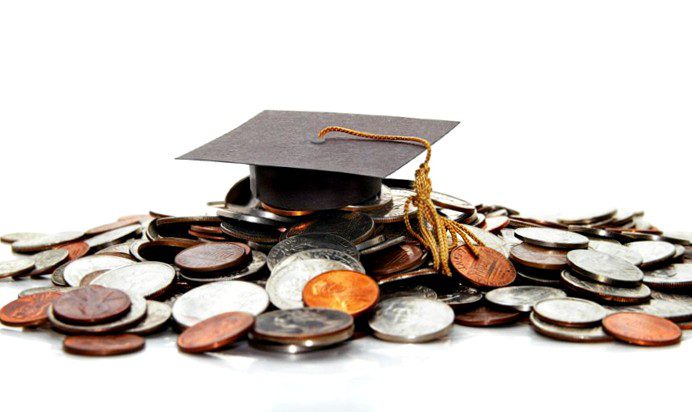
Student loan forgiveness programs can save you thousands of dollars, but there are restrictions and qualifying occupations are limited.
Currently, only a few professions (which are considered "public service" professions) are eligible for student loan forgiveness. Currently, qualifying sectors include military service, law enforcement and public safety, early childhood education, health care and public school tuition, among others. People in government positions or those who work for certain nonprofit organizations may also qualify.
Of course, there are limitations to the types of loans that can be forgiven. Currently, only Federal Direct loans and Federal Family Education loans can be made, with a few exceptions when some types have been consolidated.
Even if you work in one of the qualifying occupations, your credits will not be forgiven immediately. To be eligible, you must make 120 on-time, full monthly payments under a qualified repayment plan while employed full-time.
This brings us to another important point: 120 monthly payments add up to 10 years, so the program doesn't really help young people when they need it the most. Regardless of whether you think you might qualify for federal student loan forgiveness, you can read more about it via the Federal Student Aid website .
5. You can be a high risk
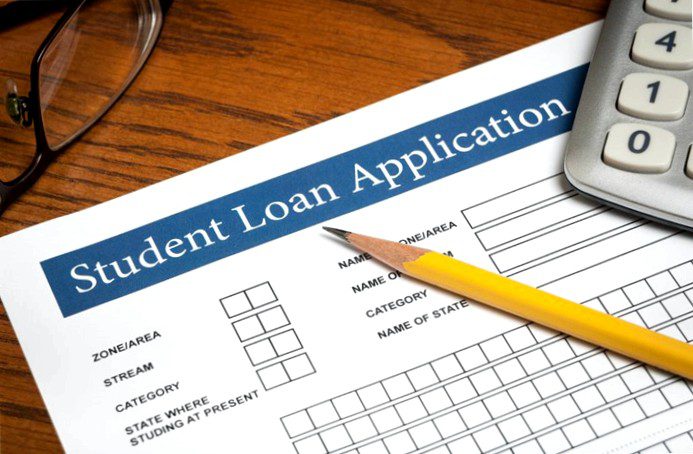
Many young people who have just graduated from high school are told to apply to their "dream school" and not worry about money. Career counselors preach that financial aid will undoubtedly help make their college experience affordable. However, it seems cruel, stupid and irresponsible to allow students to naively enroll in private institutions with annual tuition costs of up to 50.Apply for $ 000 without warning about the possible consequences of student loans. This is especially true in light of the American Institute of Certified Professional Accountants' research that "less than 40% of all borrowers had an accurate understanding of how difficult it would be to repay student loans," and "60% of borrowers reported some to have regrets about their student loan decisions, " per Bankrate .
When you take out a loan, this is usually a very serious undertaking. You should weigh the risk and carefully consider whether you will be able to repay the loan in full. You also want to have a clear understanding of what protections are in place for you as a borrower. With student loans, the borrower often has no idea whether or not they will be able to repay the loan easily. In which other lending situation is this a wise decision?
As Forbes' Josh Freedman writes Individual student loans essentially resemble "anti-insurance". In fact, 'instead of spreading the risk, they concentrate it on the individual – who has to bear all the disadvantages if something goes wrong.'